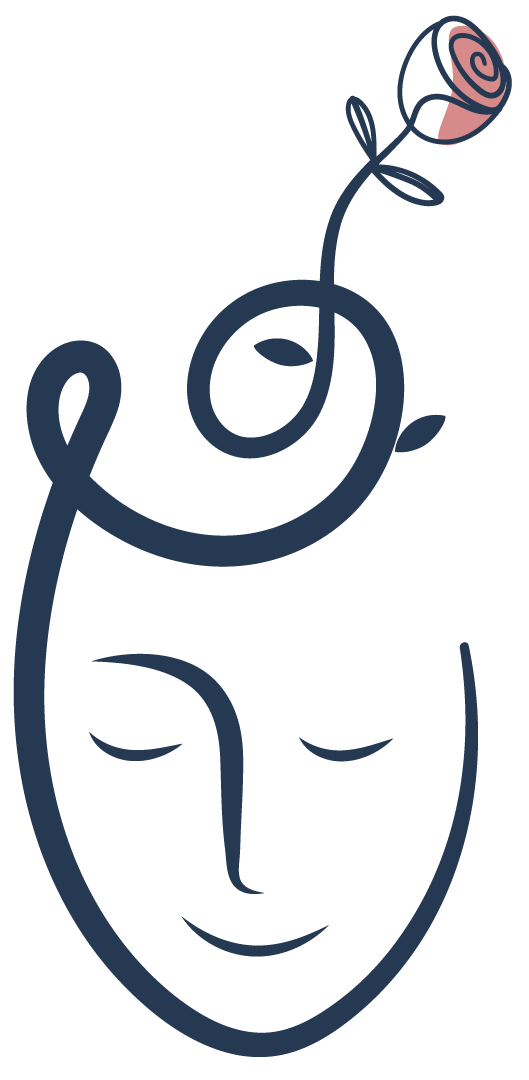Habits
People are creatures of habit. Even those who claim to be impulsive or easily bored have certain daily habits that not only remain unchanged but also form the “skeleton” on which their day is built. From morning coffee to the way we welcome a new person into our lives, there are patterns that repeat themselves. Habits keep us safe to a certain extent because they are familiar and, therefore, not threatening.
A habit in terms of behavior is considered an identical repetition, which is not necessarily conscious… The issue is to understand that while a behavioral habit may make us feel safe because we “know,” it can also trap us in a cycle of “give and take” of emotions that only cause us problems.
If we think about it, we will see that we behave in a certain way towards the people we have known for a long time, and more or less, we know what to expect from them—whether good or bad. When the outcome of our behavior provides us with positive feedback, everything is fine… we do not complain, we do not resent, we do not get hurt. But what about those relationships in our lives that “haunt” us daily?
There are many times when a parent, child, partner, or even friends react in a way that is familiar and expected but still makes us angry, disappointed, or sad… Yet, we already know what to expect even if we hope for the opposite.
If, for example, our family was a mathematical equation with a fixed result symbolizing the bond between us, and each of us was a fixed number, can you imagine what would happen if one of those numbers changed? The most likely scenario would be that at least one more would have to change for the result (family bond) to remain stable.
In other words, our role in a relationship includes many repetitive behaviors that usually lead to the same reactions. And if we do not like these reactions, most of the time, all it takes is for us to change our usual behavior!

